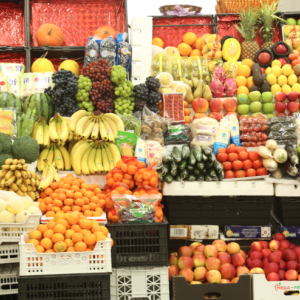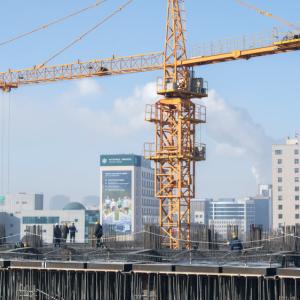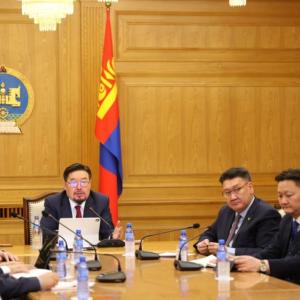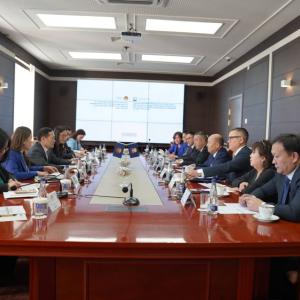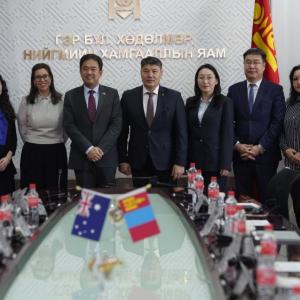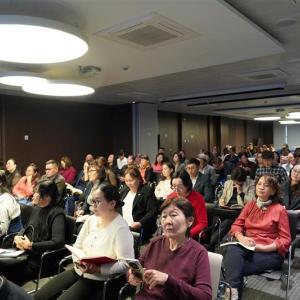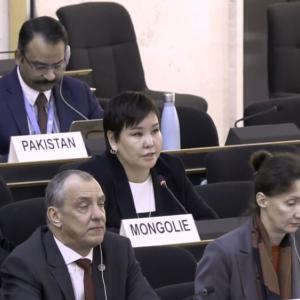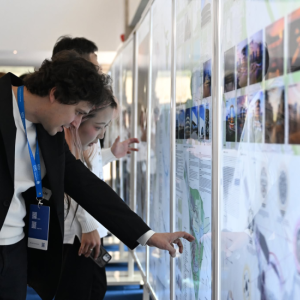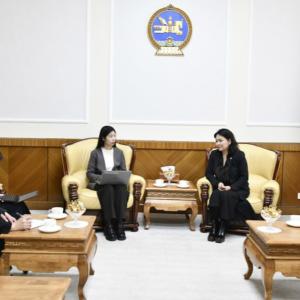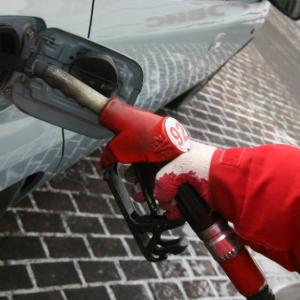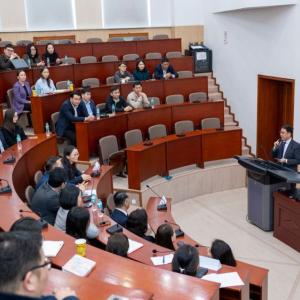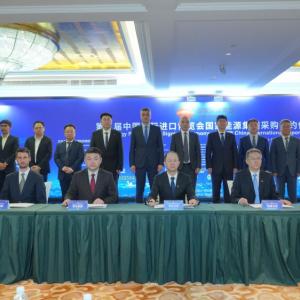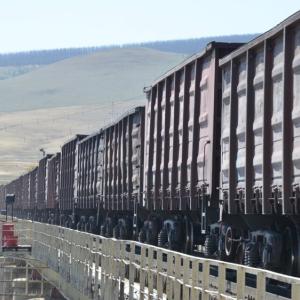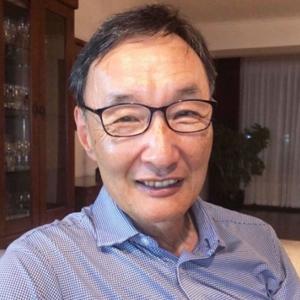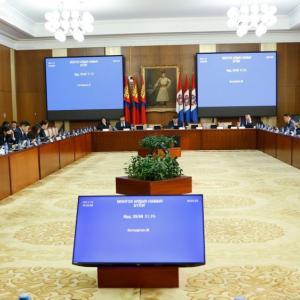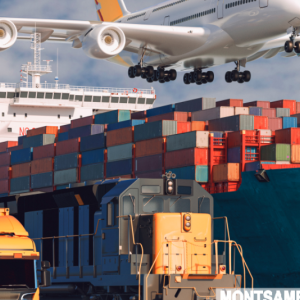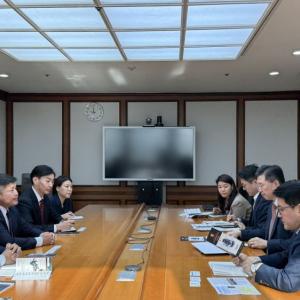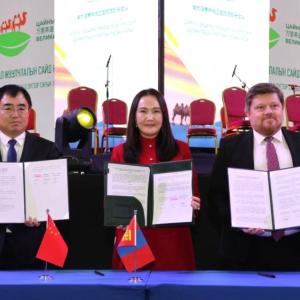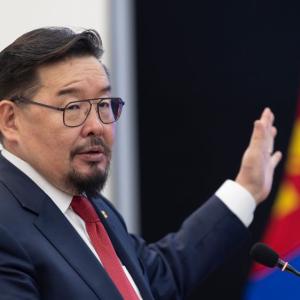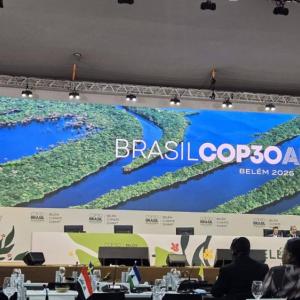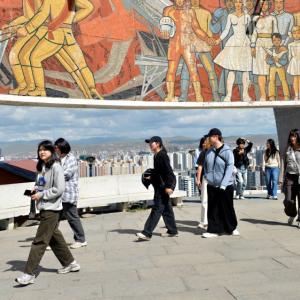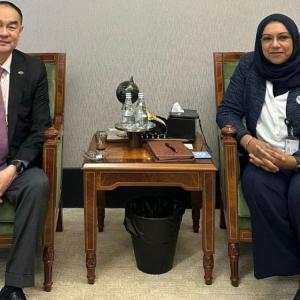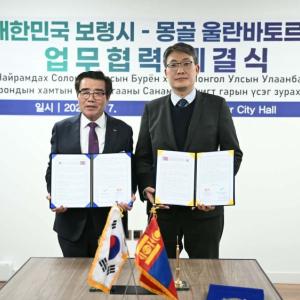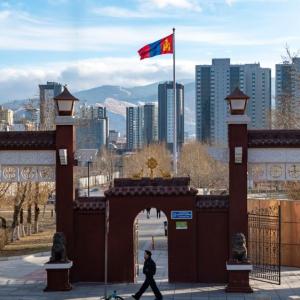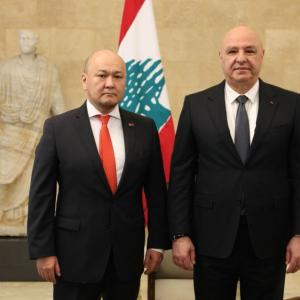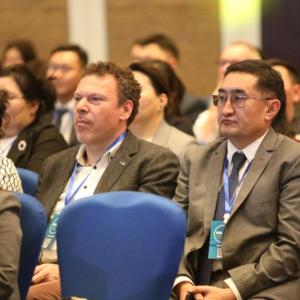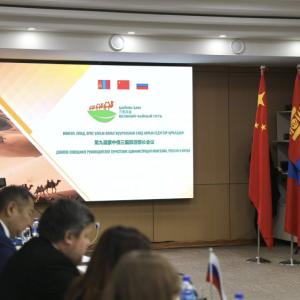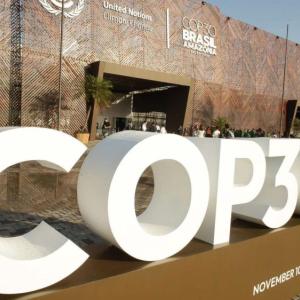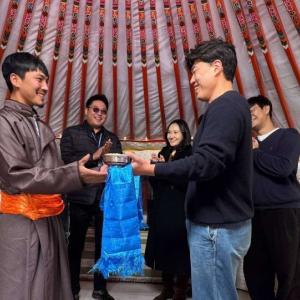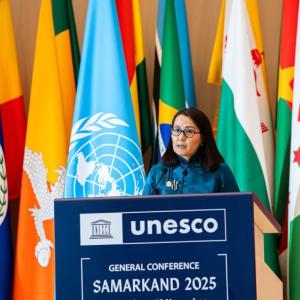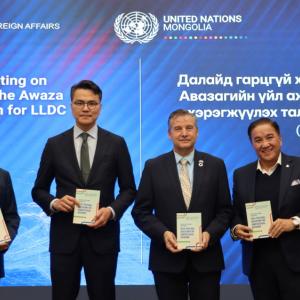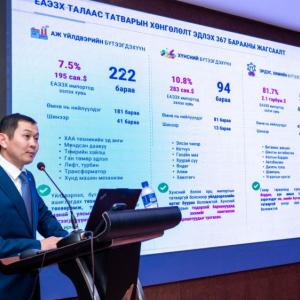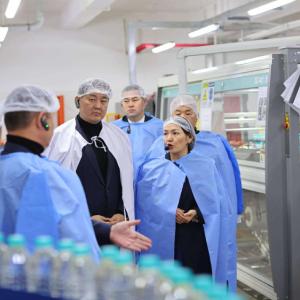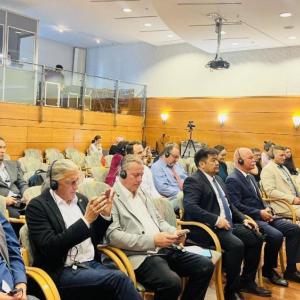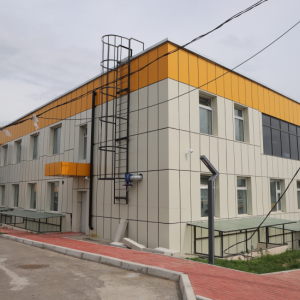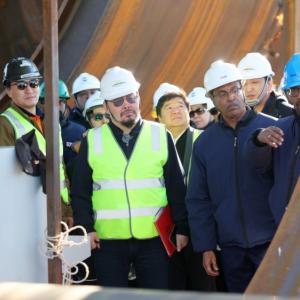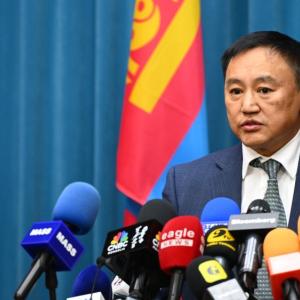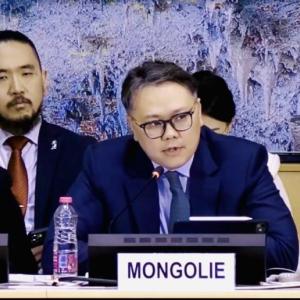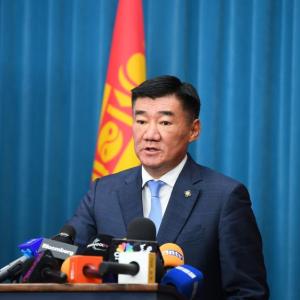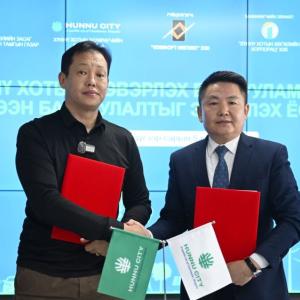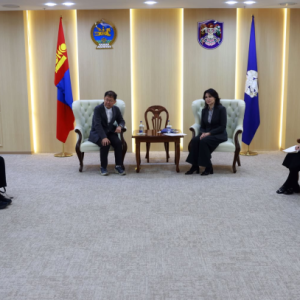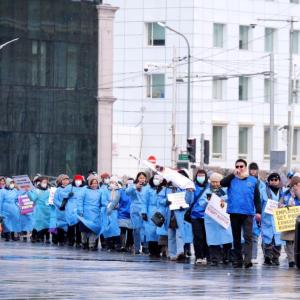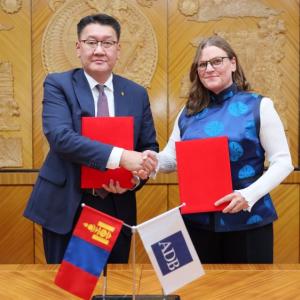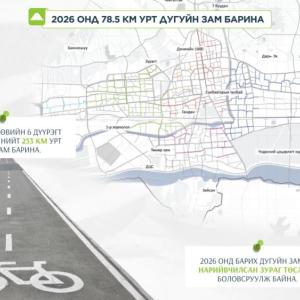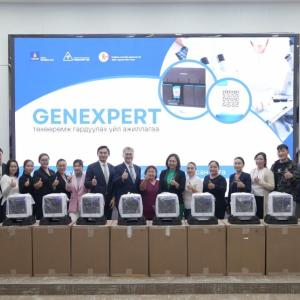Mongolia to openly announce 100 projects to develop the economy
Politics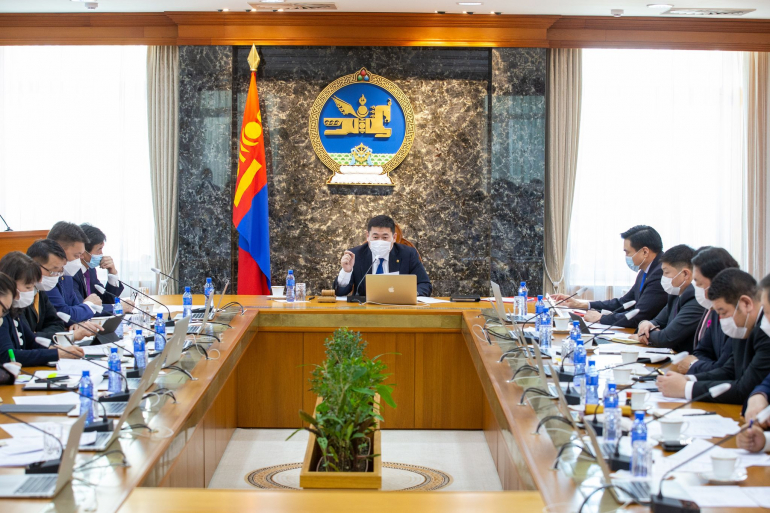
Ulaanbaatar /MONTSAME/. The Government of Mongolia is
currently planning to implement 100 projects on recovering the economy after
the pandemic.
“A discussion will be held to receive suggestions from the
public and entities from today on May 11,” announced Prime Minister L. Oyun-Erdene
during his report on the works implemented by the Government in the first 100
days since its formation. Furthermore, as the Government cannot single-handedly
implement large-scale projects, the 100 projects aimed at developing the
country’s economy in 2021-2030 will be announced to the public.
He said, “The current Government does not have the capacity
to implement even the first 4 or 5 projects. The Gashuunsukhait railroad will
be commissioned on July 1 next year. With the construction of the Tavantolgoi
Thermal Power Plant completed, we will be able to reduce our costs by USD
300-400 million. The pipeline of the oil refinery will also be constructed. The
Government will spend its reserves with the implementation of projects on
Erdeneburen hydropower plant, the fifth thermal power plant, and the extension
of the third thermal power plant as well as the Ulaanbaatar-Darkhan road
construction. However, these 100 projects need to be implemented. It is not
necessary for the Government to implement them alone.
Coal takes about 37-40 percent of Mongolia’s total export.
More specifically, gold, copper, iron ore, and coal make 93 percent of the
country’s export. However, the price of our main export, coal, is estimated to
drop from USD 300 million to USD 200 million in 2020-2040, decreasing by 33
percent. As countries of the world are working towards reducing its coal use,
all we have is 10 years to put in all our efforts. If we lose this window of
opportunity, issues will begin to arise starting from the state budget. Thus,
it is of utmost importance that we launch our 100 projects without losing any
time. By successfully implementing the projects, it is projected that the current
economy will grow by 3 times and the GDP per capita will increase to USD 8-10
thousand.”
The Government plans to reform the current policy for the
mining sector. More specifically, while Mongolia conducted operations on
exploration and extraction, works will begin to be more focused on value-added
mining products. Plans such as the construction of a coal washing plant at
Tavantolgoi is also included in the measure of works to be implemented in the
policy framework. “With the plant being put into operation, it will become
possible for the price of coal to increase from USD 60-63 to USD 80-100 by
transporting it to Gashuunsukhait,” said the Prime Minister. Furthermore,
large-scale construction works such as a copper concentrate plant, oil
refinery, and metallurgical plant are planned to be completed. In order to
increase sales, a decision was also made to establish a Mineral Exchange, which
will allow the mineral resources extracted from large deposits to be openly
traded on the global market. Moreover, the profits of its sales will be brought
to citizens and entities by providing support for education, healthcare,
pension, SMEs, and businesses through the Sovereign Wealth Fund, Development
Fund, and Unified Accumulation Fund. The legal framework regarding this matter
is currently being developed.
Additionally, the sectors of agriculture, energy,
information technology, and the creative industry will be developed. The
cultural sector must have a method of supporting many more artists and bands
such as The Hu to form and have success as well as the filming of Hollywood
movies in Mongolia through a tax policy, highlighted Prime Minister L. Oyun-Erdene.
The 100 projects will also include projects on resolving the transport and
logistics issue of Mongolia as a landlocked country alongside social reform.
Moreover, matters such as improving the quality of life, merging public
universities, reforming the educational sector, transitioning into a system
that involves all citizens in annual check-ups, and 25 changes to be made in
order to improve governance will be resolved.
Meetings have begun between the government and
representatives of top entities and donor organizations starting from today.
 Ulaanbaatar
Ulaanbaatar









